1970s: Education
The 1970s: Education
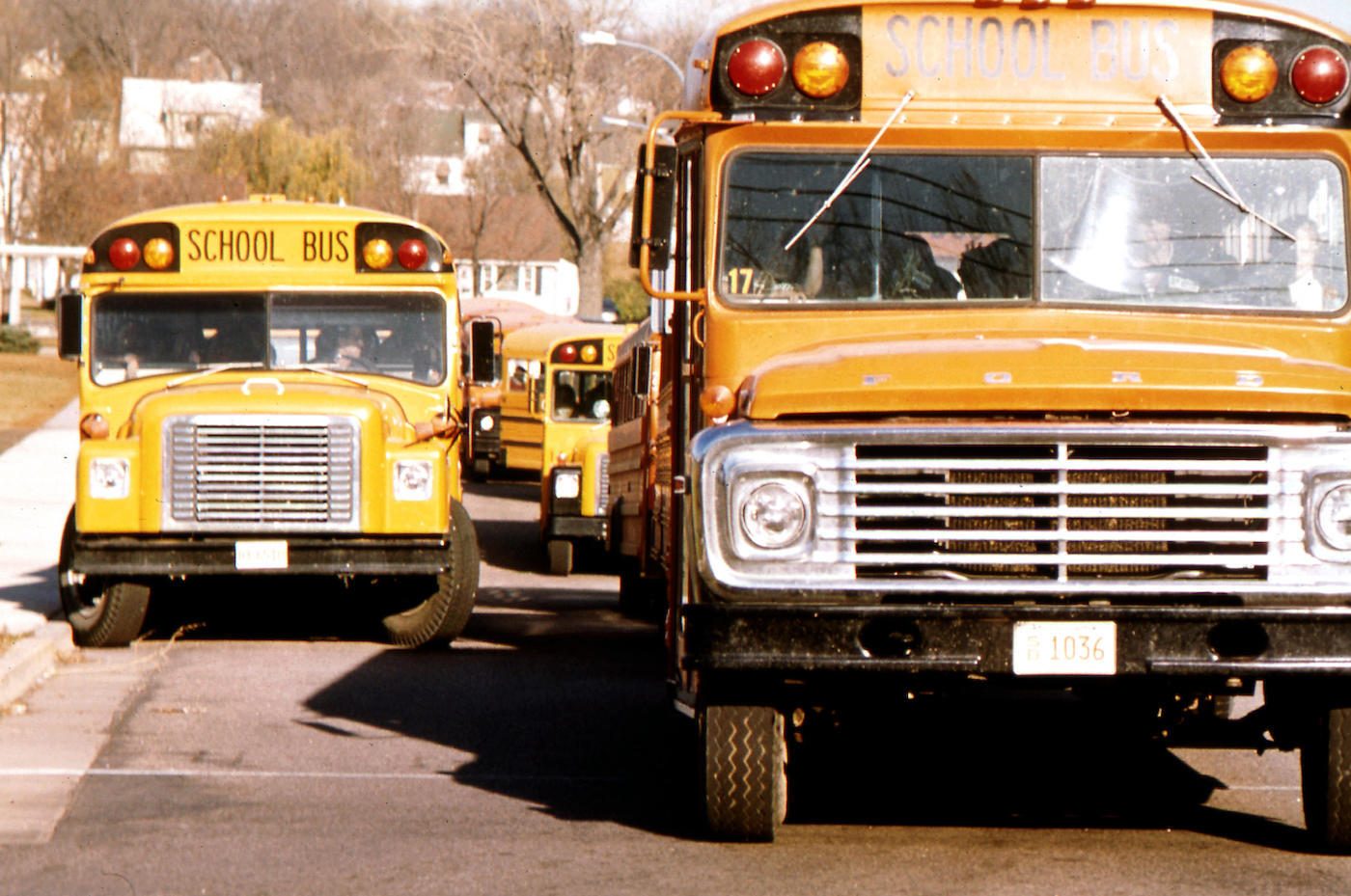
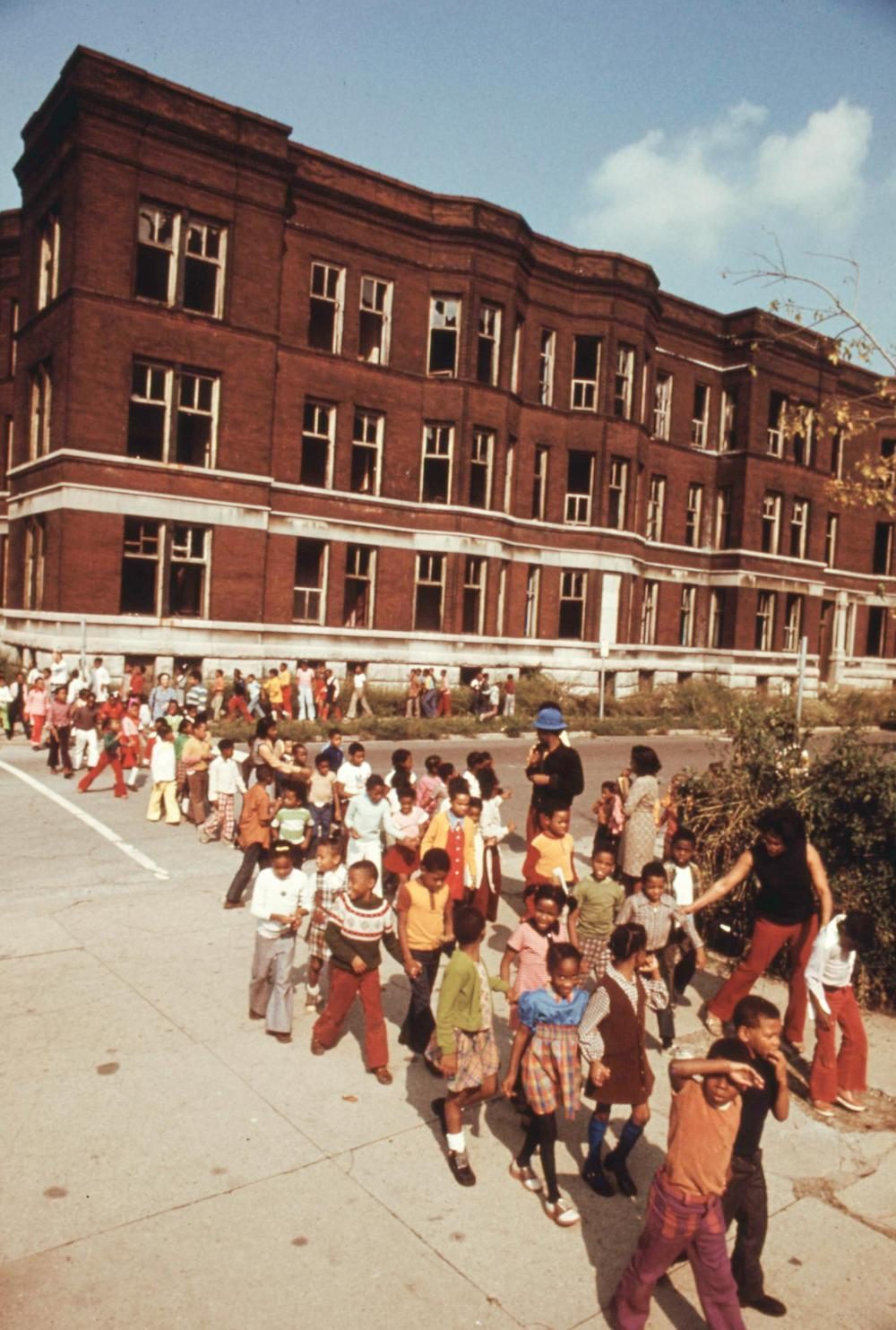
1970s: Education
"It is not clear why a significant proportion of the disadvantaged population has not responded to compensatory education...We believe that the time is opportune to create or enhance the capability of institutions to carry out social experiments."
— (Social Science Research Council Committee on Social Experimentation, 1974)
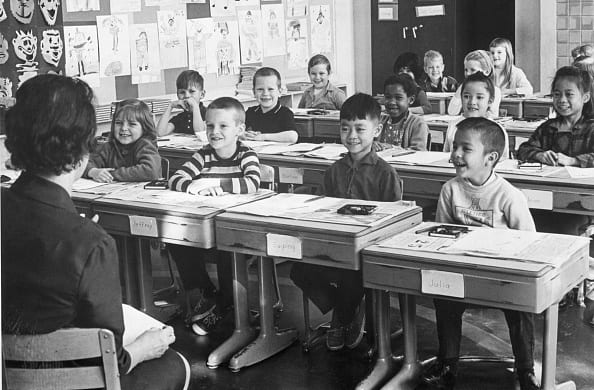
In the early 1970s, the President’s Science Advisory Committee approached the Social Science Research Council with a request for help in evaluating the effectiveness of federal social programs, in particular federal education programs.
In response, the Council proposed an initiative to “summarize the available knowledge about how randomized experiments might be used in planning and evaluating ameliorative social programs.”
“Henry Riecken, who was president of the Council at the time, proposed a session at the October 1970 meeting of PSAC to discuss the possibilities and opportunities of social experimentation…The outcome was a request on the part of PSAC that the Council undertake to correlate and diffuse knowledge about social experimentation more widely. The National Science Foundation was generous enough to provide support for the effort.”
— Eleanor Bernert Sheldon, Social Science Research Council President, 1974
In 1971, the Social Science Research Council appointed a Committee on Social Experimentation to survey the literature on the use of randomized controlled trials to evaluate program outcomes. The work of the Council's Committee on Social Experimentation resulted in the book Social Experimentation: A Method for Planning and Evaluating Social Intervention (1974).
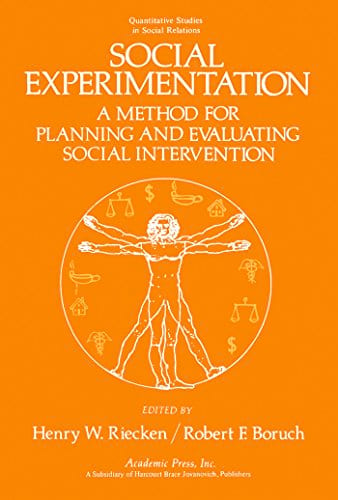
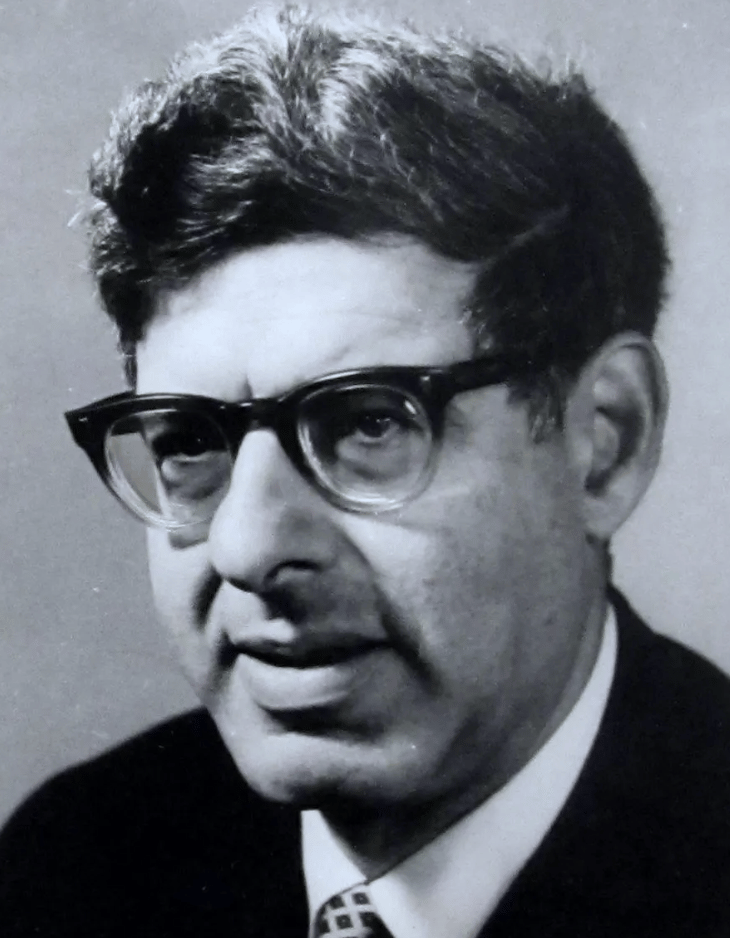
Albert Rees, professor of economics, Princeton University, and member of the SSRC’s Committee on Social Experimentation
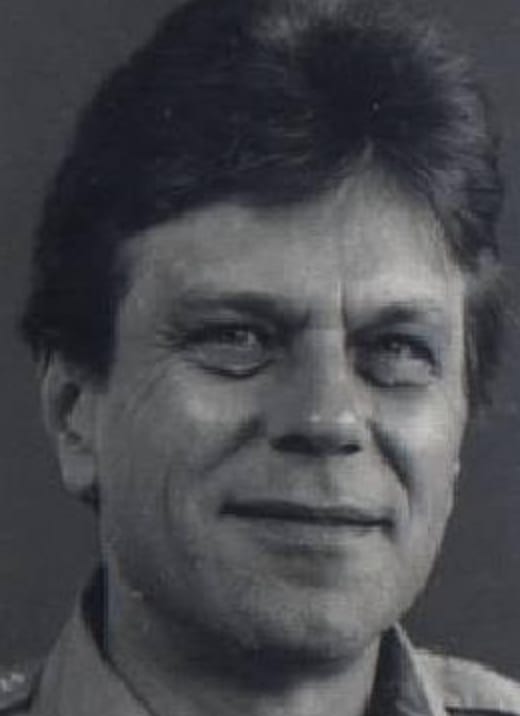
Robert Boruch, professor of education and statistics, University of Pennsylvania, and member of the SSRC’s Committee on Social Experimentation
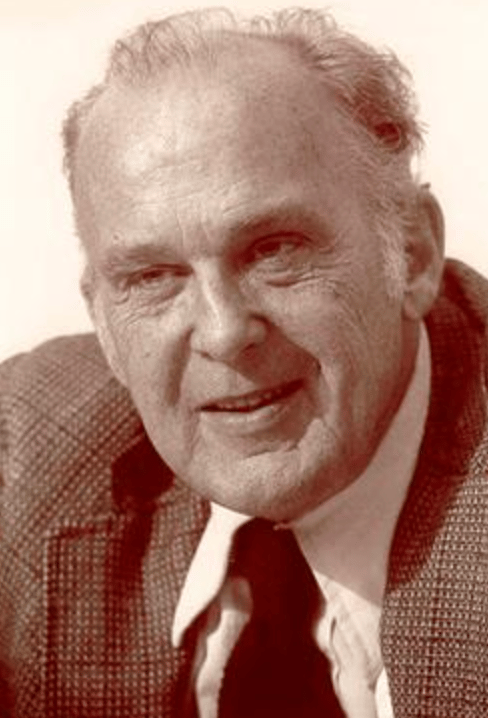
Donald T. Campbell, professor of psychology, Northwestern University, and member of the SSRC’s Committee on Social Experimentation
Social and behavioral scientists have continued to make progress in identifying cost-effective and scalable interventions in educational settings that improve both childhood and adult outcomes.
Providing free school meals to students improves nutritional and educational outcomes not only for recipients, but also for their children.
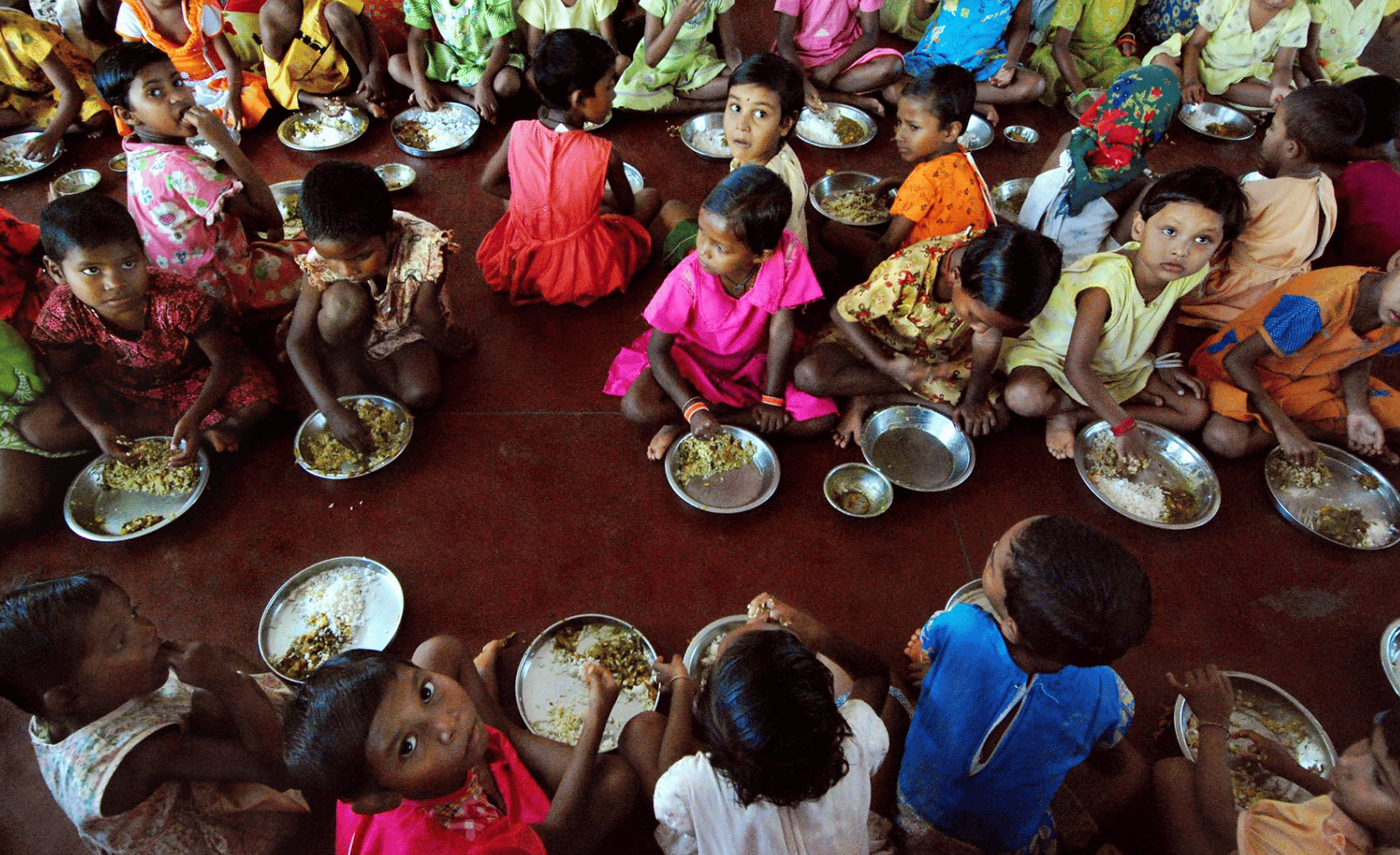
Providing even small financial incentives for school attendance can increase school enrollment and students' educational outcomes.
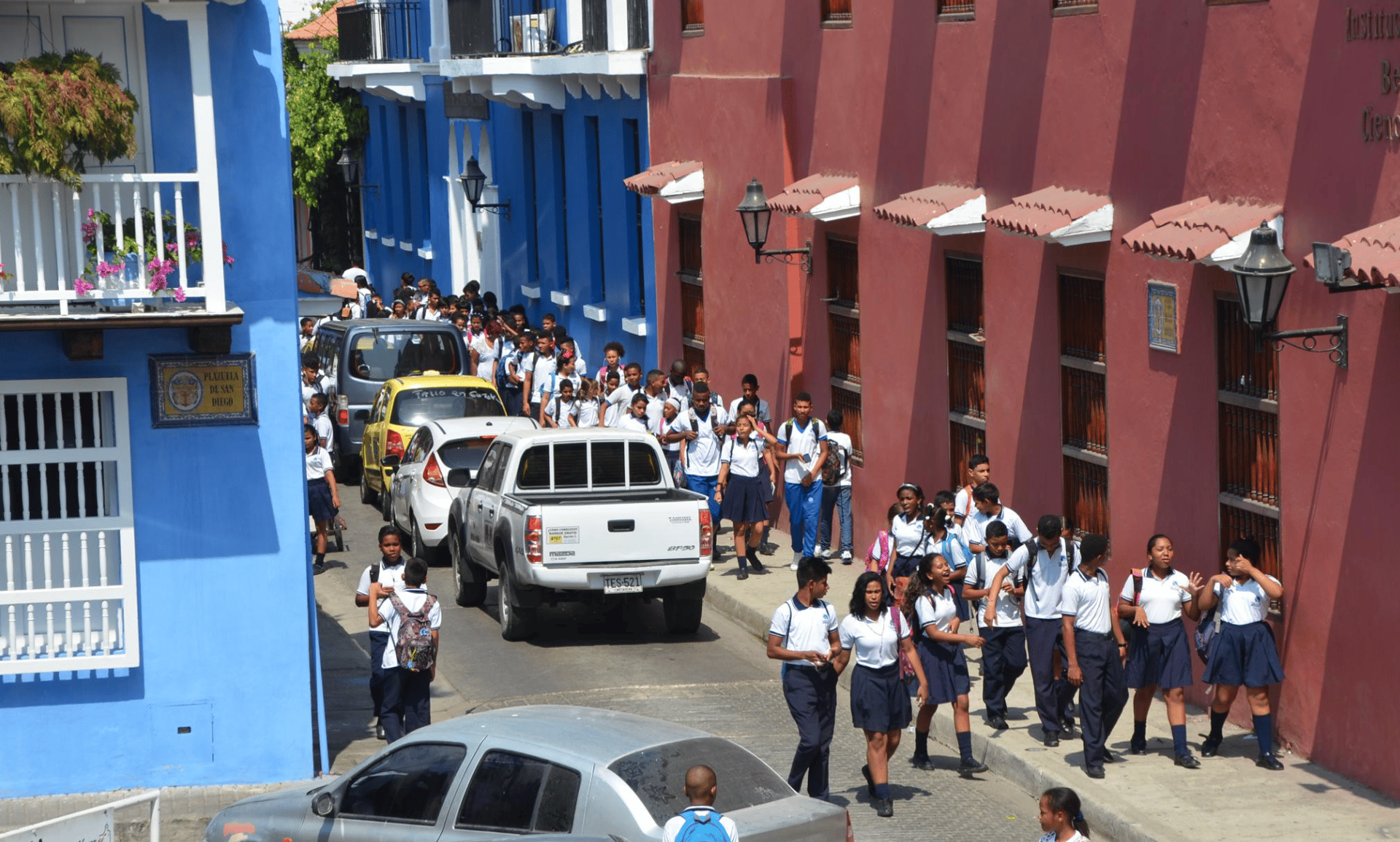
Technology-assisted instruction that tailors content to students’ individual learning needs can sharply increase educational outcomes.
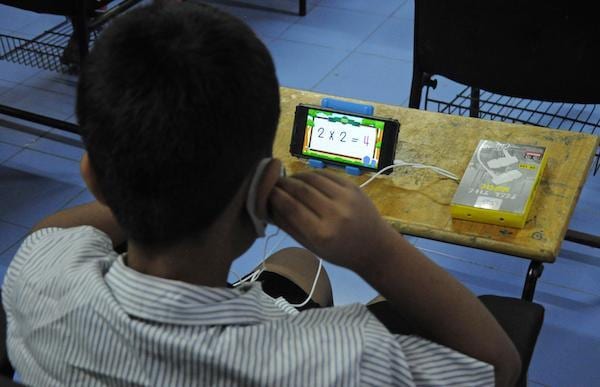
Rural students with laptops in Rincon de Vignoli, Uruguay
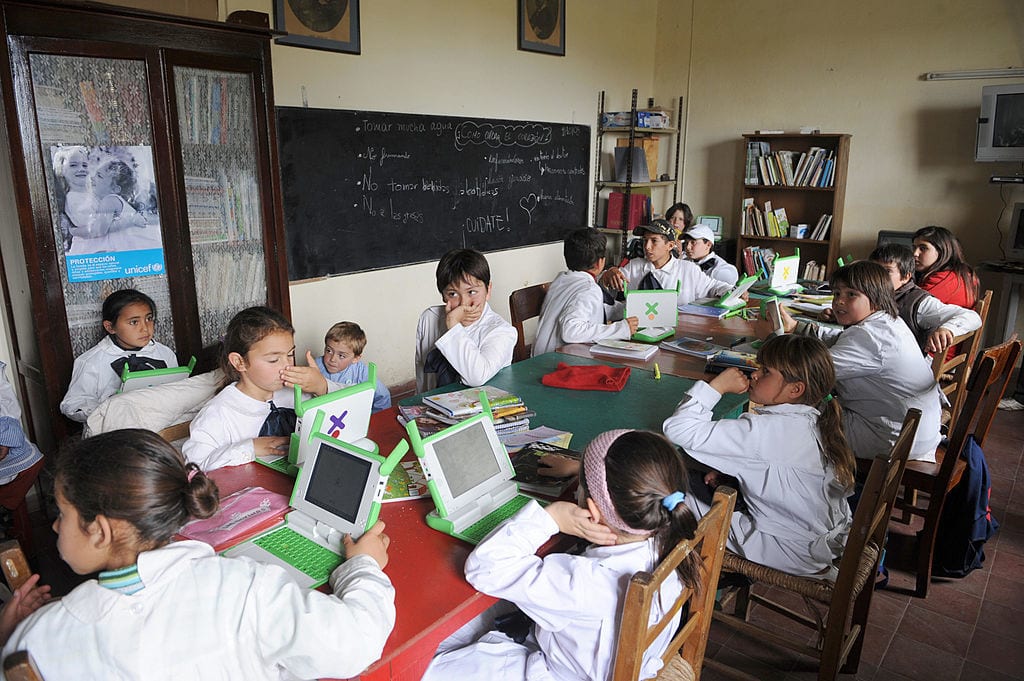
Combining performance-based teacher salary incentives with investments in school resources can significantly increase students' educational outcomes.
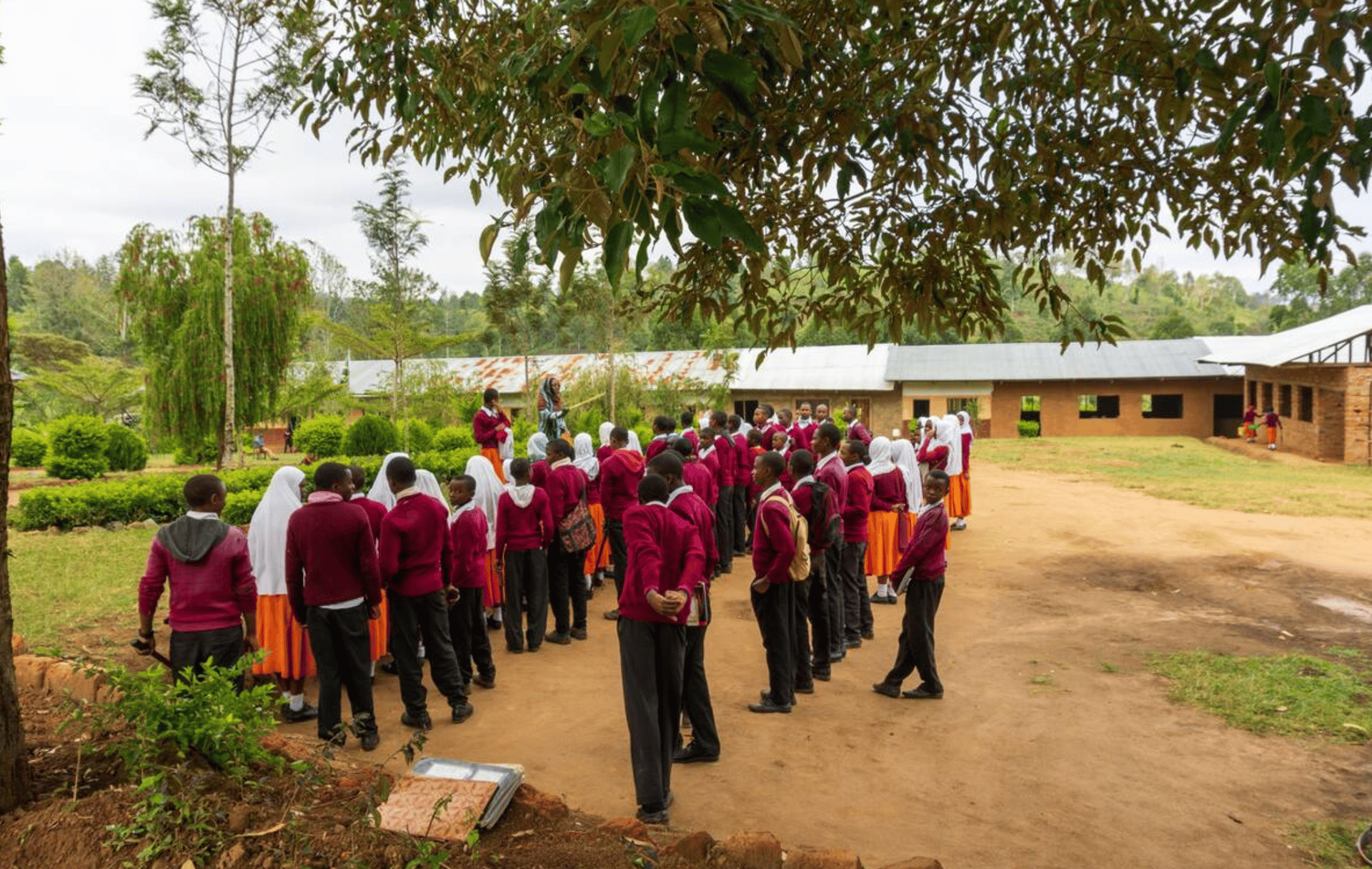
Suggestion Form
What other notable contributions have been made by social and behavioral science to identifying solutions to pressing societal challenges?
Suggestion Form
What other notable contributions have been made by social and behavioral science to identifying solutions to pressing societal challenges?
Explore More History of Social and Behavioral Science
Social Science Research Council
300 Cadman Plaza West, 15th Floor
Brooklyn, NY 11201, USA
212-377-2700
Social and behavioral science
for the public good.
The Social Science Research Council, a nonpartisan nonprofit founded in 1923 by seven professional associations in the social and behavioral sciences, mobilizes policy-relevant social and behavioral science for the public good.

